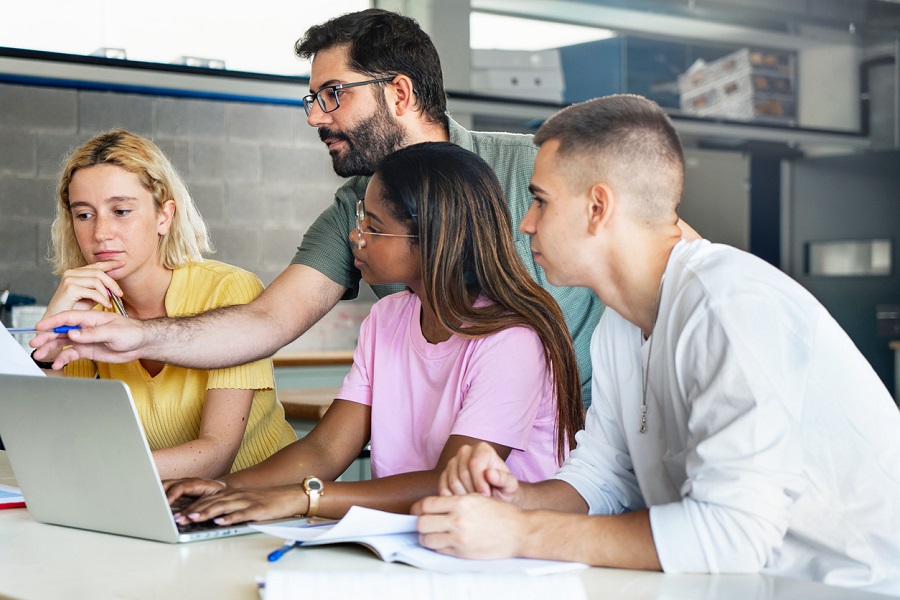Special Education Coach: Guiding Students to Success
Understanding the Role of a Special Education Coach
A special education coach plays a pivotal role in the inclusive education system, supporting students with diverse learning needs. They are trained professionals who work closely with educators, parents, and students themselves to ensure tailored educational plans are developed and implemented. The primary goal of a special education coach is to facilitate the academic, social, and emotional growth of students who require additional support. By understanding individual learning profiles, they can effectively advocate for necessary accommodations and modifications within the school environment. This collaborative approach is essential in fostering an inclusive atmosphere where every student has the opportunity to thrive.
Key Responsibilities of a Special Education Coach
One of the core responsibilities of a special education coach is the development and implementation of Individualized Education Plans (IEPs). These plans are tailored to meet the specific needs of each student, outlining goals and strategies for academic progress. Additionally, special education coaches collaborate closely with classroom teachers to ensure that instructional methods are adapted to accommodate diverse learning styles. They may also provide direct instruction to students, focusing on areas where additional support is required. Moreover, behavioural management is another critical aspect of their role, as they help students develop strategies to enhance self-regulation and social skills.
Techniques and Strategies Used by Special Education Coaches
Special education coaches employ a variety of techniques and strategies to support their students effectively. Adaptive teaching methods are utilised to cater to different learning styles, ensuring that content is accessible and engaging. These methods may include multisensory approaches, differentiated instruction, and scaffolded learning experiences. Furthermore, behavioural management techniques are essential in creating a positive learning environment. Coaches collaborate with teachers and parents to implement consistent strategies that promote positive behaviour and address challenges proactively. Integrating assistive technology is also common, providing students with tools such as text-to-speech software or graphic organizers to enhance comprehension and productivity.
Challenges Faced by Special Education Coaches
Despite their crucial role, special education coaches encounter various challenges in their work. One significant challenge is addressing the diverse needs of students with disabilities or learning differences. Each student requires a unique approach, and coaches must continuously adapt their strategies to meet individual goals. Communication barriers can also pose challenges, particularly when coordinating efforts between multiple stakeholders, including parents, teachers, and external service providers. Moreover, navigating legal and ethical considerations adds complexity to their responsibilities, as coaches must ensure compliance with special education laws and uphold the rights of students with disabilities.
Impact of Special Education Coaching on Students
The impact of special education coaching extends far beyond academic achievement. Students who receive support from a dedicated coach often demonstrate improved self-confidence and motivation. Academic progress is typically observed as coaches work to close learning gaps and build upon strengths. Moreover, social and emotional development is fostered through targeted interventions that promote inclusion and acceptance among peers. Long-term outcomes for students who benefit from special education coaching include increased independence and readiness for post-school life, whether pursuing further education or entering the workforce.
The Future of Special Education Coaching
Looking ahead, the role of special education coaching is poised to evolve in response to emerging trends in inclusive education. There is a growing recognition of the importance of personalised learning experiences that cater to diverse student needs. Innovations in teaching approaches, such as Universal Design for Learning (UDL), emphasise flexible instructional strategies that promote accessibility and engagement for all learners. Special education coaches will continue to play a vital role in advocating for inclusive practices within schools and communities. By embracing new technologies and research-based interventions, they can empower students with disabilities to achieve their full potential and contribute meaningfully to society.

